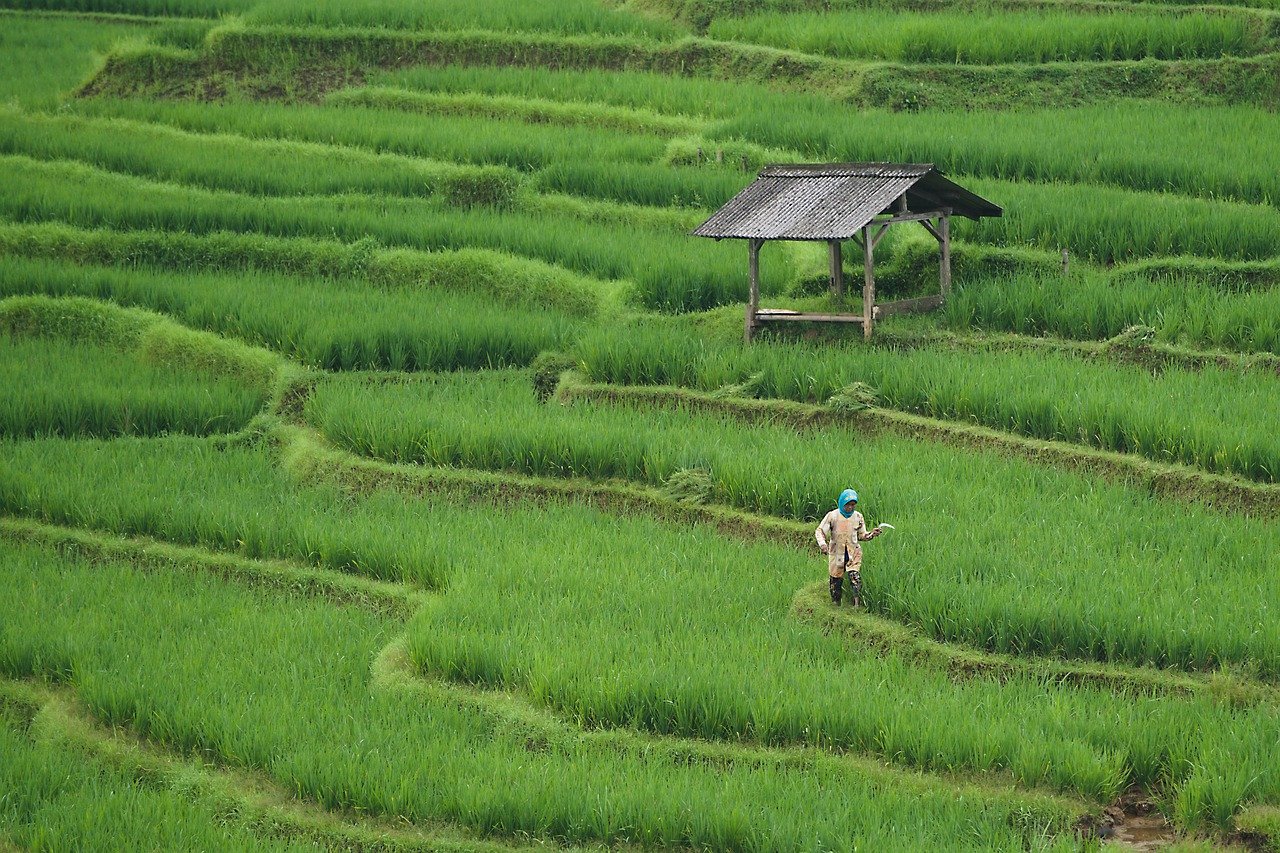Global South
To reduce the environmental footprint and guarantee food security the Global South needs sustainable and climate-friendly food systems. In our research network "Sustainable Food Systems in the Global South," we investigate how agroecological production can help ensure this.

The world's population is growing, especially in the Global South. There is more need than ever to create sustainable and climate-friendly agricultural food systems that can both reduce the environmental footprint and ensure global food security.
Agroecology refers to production systems that optimize the use of local natural resources, biological crop protection, crop diversification, and the recycling of nutrients and water. This makes agroecology both sustainable and regenerative.
One way to ensure sustainable agriculture in the Global South is agroecological production. The potentials of this form of production is being investigated by our research network "Sustainable Food Systems in the Global South."
Agroecological Production as a Green Solution
Agroecology refers to production systems that optimize the use of local natural resources, biological crop protection, crop diversification, and the recycling of nutrients and water. This makes agroecology both sustainable and regenerative.
In agroecology, we move away from monocultural cultivation (one crop in the field) and instead towards more biodiverse and robust agricultural systems. This requires the expansion, processing, distribution, and consumption of new foods, as well as the design and implementation of new circular value chains.

However, this transition also requires a focus on nutritional quality. Poor diets are the primary cause of malnutrition in populations living in poverty. Especially for children, it is essential to improve the composition of nutrients and increase the absorption of nutrients in traditional diets. This way, long-term consequences of malnutrition in early childhood can be prevented.
KU's Research in Agroecology in the Global South
Our research network "Sustainable Food Systems in the Global South" works to deliver research-based solutions to accelerate the transition to sustainable agroecological production, food systems, and healthy diets in the Global South.
Sustainable agroecological solutions combine research and innovation in traditional and new crops, food security and supply, food processing technologies, green biocontrol, human nutrition, new value chains, livelihoods, ecosystem services, water management, and climate change mitigation.
In this way, we can make a significant contribution to combating poverty, hunger, and land degradation to promote good health and well-being, sustainable communities, and responsible consumption and production.
Researchers in the network
| Department of Economics | Faculty of Social Sciences | |
| Department of Food and Resource Economics (IFRO) | Faculty of Science | |
| Department of Anthropology | Faculty of Social Sciences | |
| Department of Nutrition, Exercise and Sports | Faculty of Science | |
| Department of Plant and Environmental Sciences | Faculty of Science | |
| Department of Geosciences and Natural Resource Management | Faculty of Science | |
| Department of Food Science | Faculty of Science | |
| Globe Institute | Faculty of Health | |
| Globe Institute | Faculty of Health | |
| Department of Food and Resource Economics (IFRO) | Faculty of Science |
